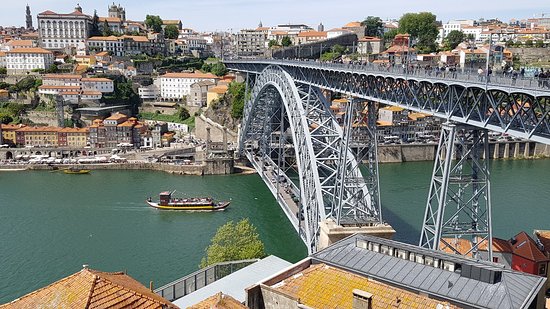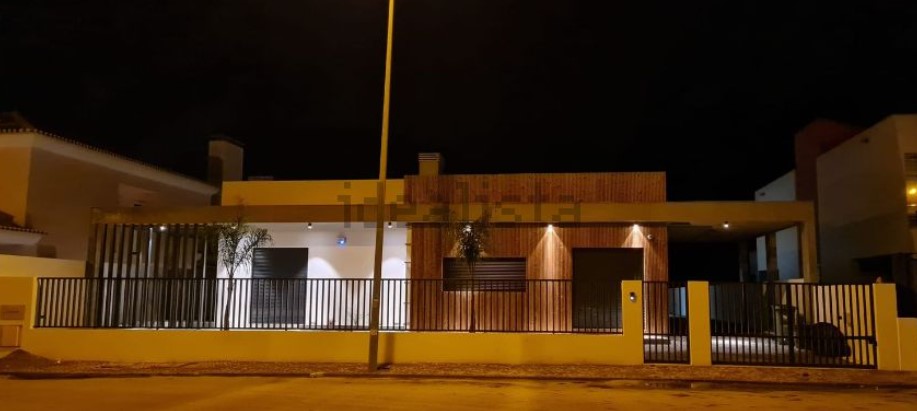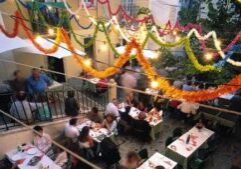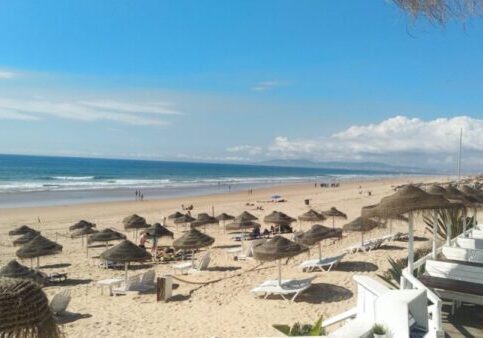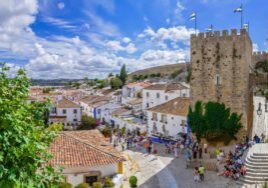10 monuments in Portugal to visit during your stay
There’s no shortage of monuments in Portugal, and many magnificent masterpieces to discover in this country rich in history. A single article cannot pay tribute to them all. Nevertheless, today I’m going to try and share with you 10 monuments in Portugal that I believe are must-sees, and will dazzle you with their history, beauty and atmosphere. Let’s go and discover these 10 monuments in Portugal, and don’t hesitate to add your favorite monuments too.

1: Padrao dos descobrimentos
In Lisbon’s Bélèm district, on the banks of the Tagus, stands the impressive Padrao dos Descobrimentos, literally “monument of discoveries”, an evocative name since this monument, built in 1960 by architect Alexandre Beauchet Cottinelli Telmo, was erected to celebrate the 500th anniversary of the death ofHenry the Navigator. The monument depicts a caravel, and Henry the Navigator can be seen standing at the bow.
The name padroes echoes a tool used by Portuguese navigators during the Great Discoveries, a stone pillar surmounted by a cross or the Portuguese coat of arms.
Next to the monument, on the ground, is a 50-meter-diameter compass rose. At its center is a planisphere showing the routes taken by the Portuguese navigators.
Website: https: //padraodosdescobrimentos.pt/padrao-dos-descobrimentos/
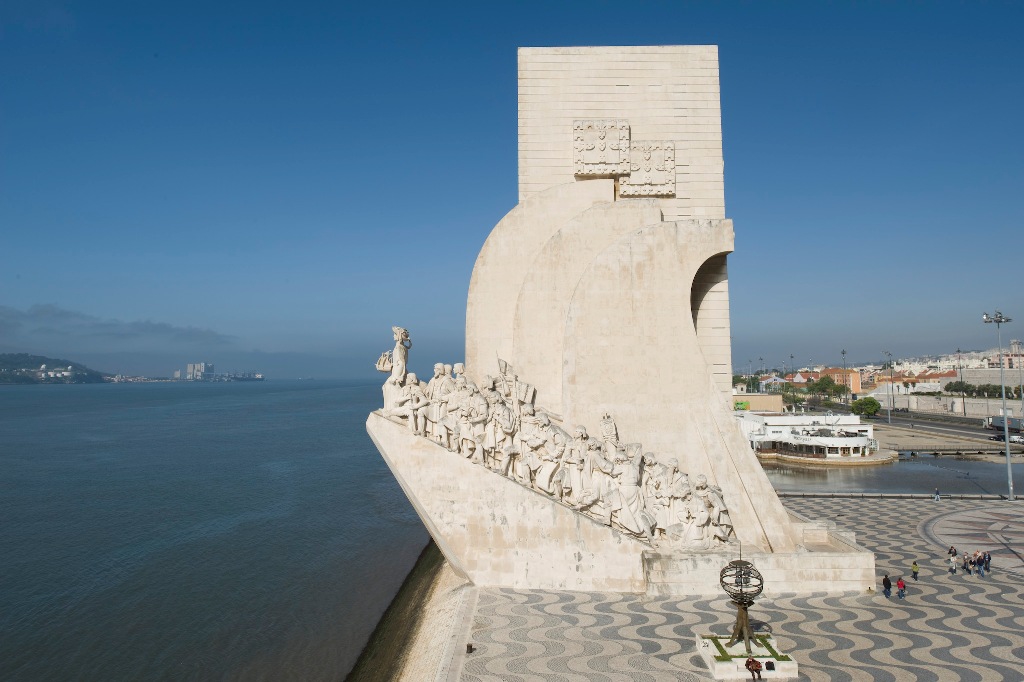
Padrao dos descobrimentos
2: Torre de Belèm
Also in Lisbon’s Belèm district is the famous Torre de Belèm, considered one of the major works of the Manueline style. It was built between 1514 and 1520 by King Manuel I of Portugal.
The tower’s purpose was to protect Lisbon from invaders, since the mouth of the Tagus was one of the strategic points for invading the city. In addition to its role as a fortress, it was also the departure point for Portuguese explorers.
Initially, the tower was built on a small islet on the Tagus, but over time it gradually moved closer to the shore. Some say that it was the earthquake of 1755 that changed the course of the Tagus, bringing the tower closer to the shore. I mentioned this in my article: Discovering Portugal: 10 things you didn’t know.
The Tour de Belèm was listed as aUNESCO World Heritage Site in 1983, at the same time as the Mosteiro dos Jeronimos, which I’ll tell you about straight away.
Website: https: //www.patrimoniocultural.gov.pt/pt/museus-e-monumentos/dgpc/m/torre-de-belem/
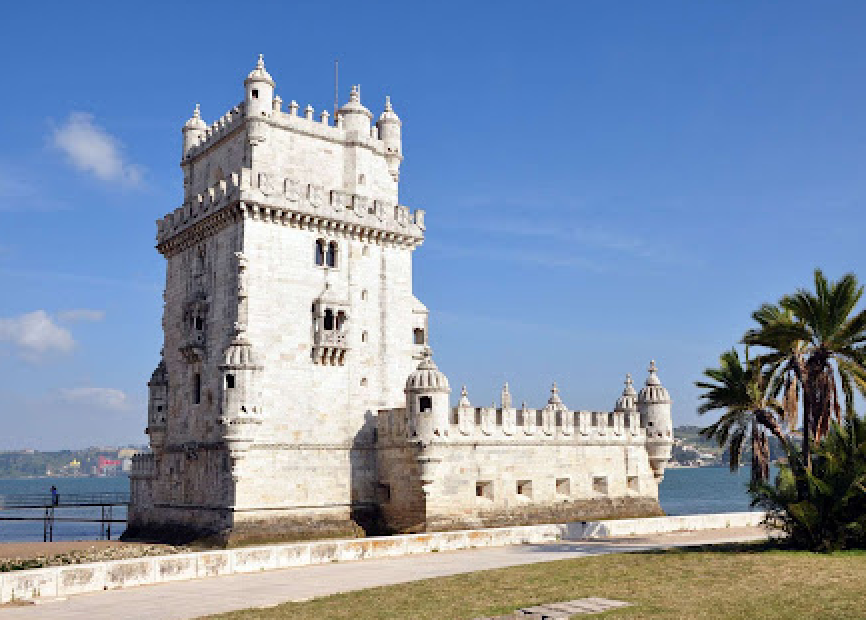
Torre de Bélèm
3: Mosteiro dos Jerónimos
The Monastery of the Hieronymites (Mosteiro dos Jerónimos) is one of Portugal’s most visited monuments, in fact, it’s THE most visited monument in Portugal, with over 800,000 admissions every year. That’s a lot of people! Like the Belèm Tower, it’s an example of the Manueline style.
Construction of the Hieronymite Monastery began in 1502, at the request of King Manuel I, in gratitude for Vasco da Gama ‘s return from his first voyage to India in 1499.
This enormous construction project was largely financed by the profits of the spice trade and the riches brought back from the great Portuguese voyages of discovery of the 16th century.
Once the building work was completed, the king chose the Hieronymite monks to occupy the monastery – hence the name given to the monastery – so that they would pray for him and for the navigators who left Lisbon to conquer the world.
The monastery escaped the terrible earthquake of 1755, which devastated Lisbon.
The monastery contains several tombs of kings, queens and great Portuguese personalities such as the great navigator Vasco de Gama and the greatest Portuguese poets, Luís Vaz de Camões and Fernando Pessoa.
The monastery was declared a UNESCO World Heritage Site in 1983. Recently, in 2007, the heads of state of the European Union met here to sign the Lisbon Treaty.
And after your visit, be sure to stop off at the nearby Pasteis de Belèm, which you’re sure to love.
Website: https: //www.patrimoniocultural.gov.pt/pt/museus-e-monumentos/dgpc/m/mosteiro-dos-jeronimos/
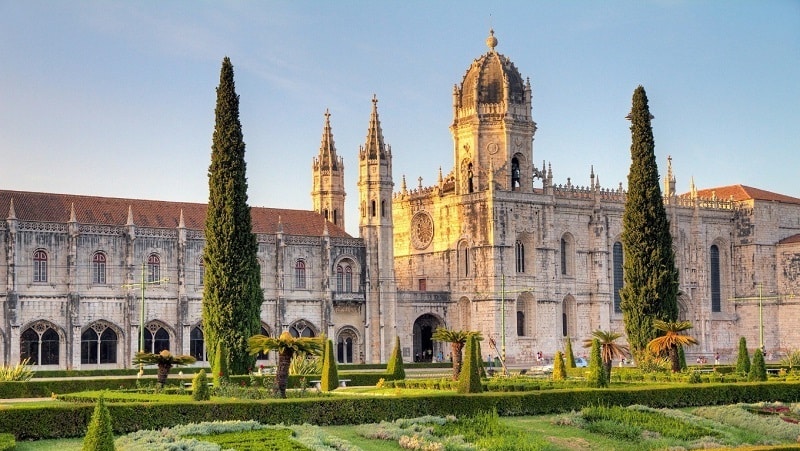
Mosteiro Jeronimos
4: Palacio de Pena
The Palacio de Pena(Palácio Nacional da Pena) is located in the Serra de Sintra, in the heart of a 200-hectare park in the town of Sintra, near Lisbon. The palace’s bright colors make it an atypical monument.
It stands on the site of a former Hieronymite monastery (the Hieronymite Monastery of Our Lady of Pena) dating from the 15th century. The monks lived in the monastery until 1834, when the religious orders were dissolved. In 1838, King D. Fernando II of Portugal purchased the monastery, which was in a very poor state of repair, largely as a result of the great earthquake that struck Lisbon and the surrounding area in 1755.
The palace as it stands today then began to be built. The architectural styles are manifold: Moorish, Baroque, Gothic, Renaissance and Manueline, resulting in an exuberant and colorful building.
Construction was completed in 1885, the year in which King D. Fernando II died. The palace was then sold to the Portuguese state. In 1911, the palace changed its name to Palais National de Pena. That same year, it opened its doors to the public as a museum.
It is one of Portugal’s best-known and most-visited monuments, battling with the Hieronymite Monastery for the title of most-visited monument in Portugal.
Website : www.parquesdesintra.pt

Palacio de Pena
5: Ponte 25 de abril
Suspended over Lisbon’s Tagus River and dominated by the Cristo Rei, the impressive Ponte 25 de Abril was the wish of dictator António de Oliveira Salazar in 1960. In fact, this was the name given to the bridge: the Salazar Bridge.
Construction was entrusted to the Americans ofAmerican Bridge, with the help of eleven local Portuguese companies. The April 25th bridge is reminiscent of the American Golden Gate Bridge in San Francisco. It is a road and rail bridge, with the railroad passing under the motorway on the1st level.
The Salazar Bridge was inaugurated on August6 , 1966. It was only in 1974, following the Carnation Revolution, that it was renamed Revolution Day: April 25, 1974, in homage to this victory.
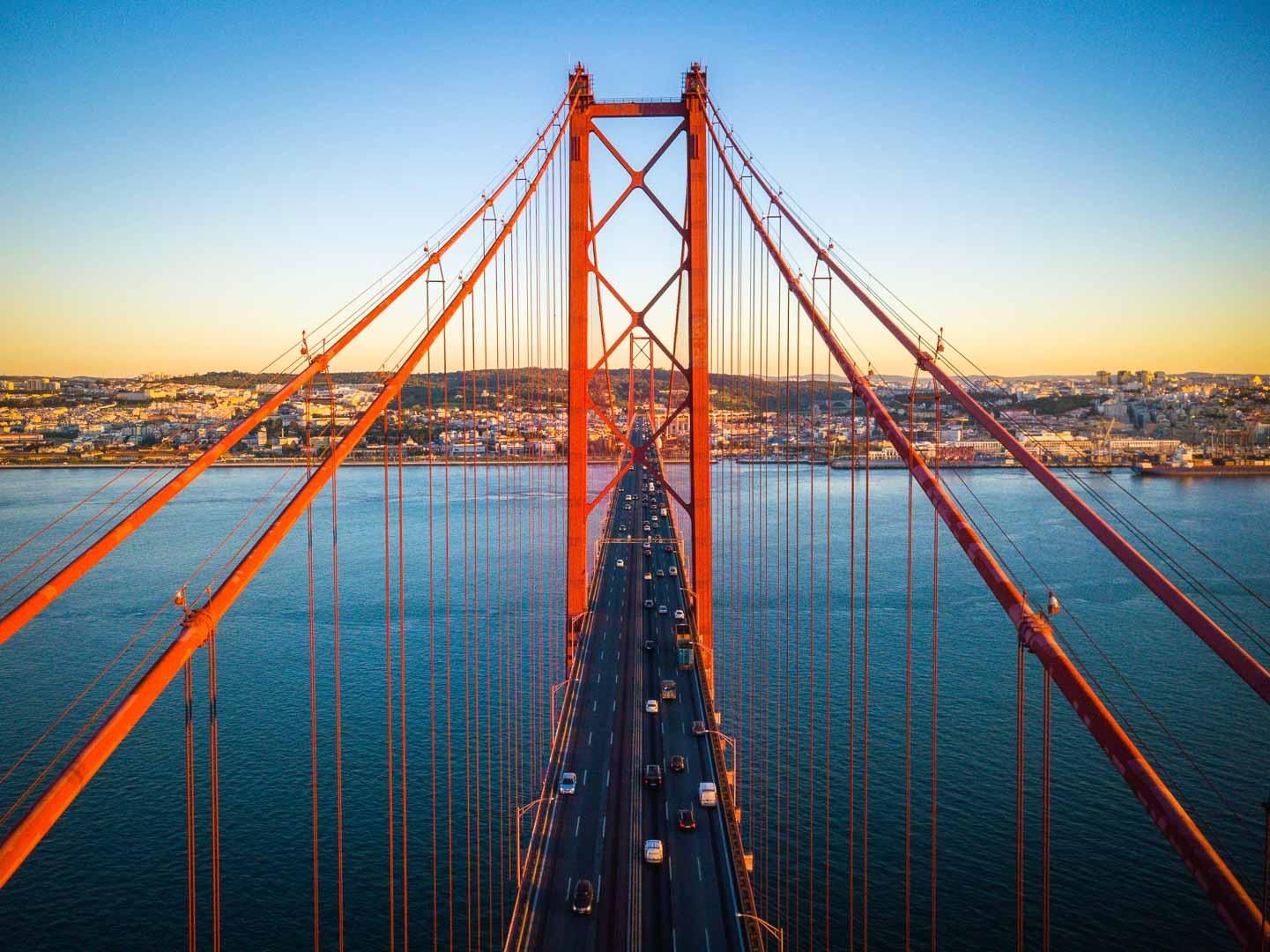
Ponte 25 de abril
6: Ponte Dom Luis
This bridge over the Douro linking the cities of Porto and Vila Nova de Gaia is an architectural masterpiece. It is a Unesco World Heritage Site.
The bridge was built between 1881 and 1886 by German engineer Théophile Seyrig, a pupil of Gustave Eiffel. It is 45 meters high and 385 meters long.
The bridge was inaugurated in 1886 by King Louis I of Portugal(Dom Luís I), hence its name.
Ponte Dom Luis
7: Obidos Castle
In 1148, the first King of Portugal, Dom Afonso Henriques, conquered the town and its castle from the Moors. Since then, the castle has been renovated and extended several times.
Although Obidos is a long way from Lisbon, the earthquake of 1755 hit the town hard, destroying part of the fortress and medieval buildings.
By the 20th century, the castle had fallen into complete ruin. In 1950, the Portuguese government decided to renovate it and install a hotel (known in Portugal as a “pousada”).
If you go to discover it, it’s possible to walk on the fortress that surrounds the town. The whole tour is 1.5 km long.
Apart from the castle, I strongly recommend a visit to the town, located inside the fortress: a labyrinth of streets surrounded by whitewashed houses adorned with magnificent flowers.
Christmas time is also a great time to visit the town and fortress, and I’ll tell you all about it in this blog post.
Website: https: //mercadomedievalobidos.pt
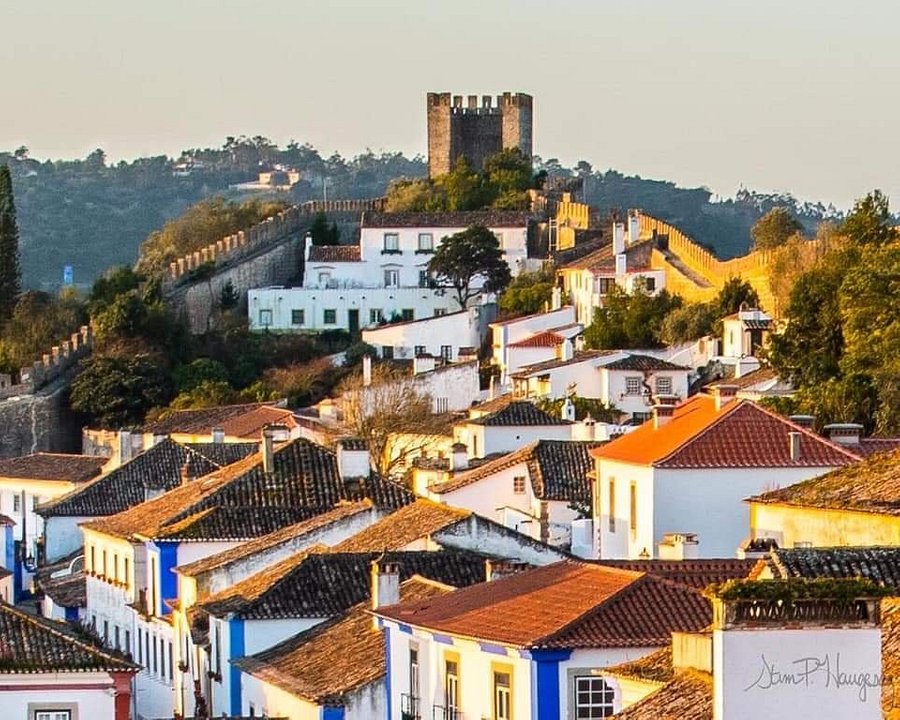
Obidos and its castle
8: Capela dos ossos
The Capela dos Ossos (Chapel of the Bones) is one of the best-known monuments inÉvora, in Portugal’s Alentejo region. The chapel is a UNESCO World Heritage Site.
The chapel was built from bones: skulls, femurs, tibias, humeri, clavicles and other body parts cover the walls… A totally enchanting place, as you can imagine! :))))
In the 16th century, the 42 cemeteries of the city of Evora took up too much space and overflowed due to the numerous plague epidemics affecting Portugal. In response to this problem, the town’s monks decided to exhume the bones of the dead and use them to create a chapel of bones.
An inscription is engraved at the chapel’s entrance: Nós ossos que aqui estamos pelos vossos esperamos: “We, the bones here present, are waiting for yours to join us”). That says it all!
All the walls and eight columns of La Chapelle are decorated with carefully arranged long bones and skulls held together with cement. The estimated number of skeletons is 5,000. The bones of the monks who built the chapel are housed in small white chests.
The edifice may seem morbidly fascinating, but it’s well worth the detour.
Site:https://igrejadesaofrancisco.pt/igreja/horarios/
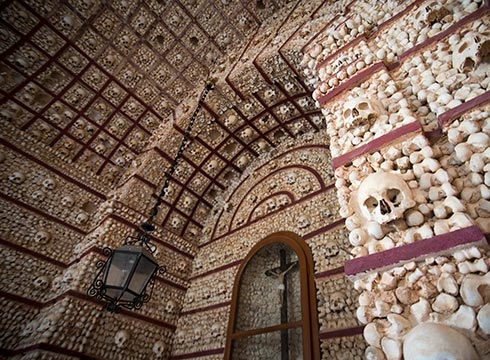
Capela dos ossos
9: Santuario Bom Jesus Braga
The Sanctuary of the Good Jesus of Mount is one of Portugal’s most emblematic tourist sites. It is located in Braga, in northern Portugal.
The Sanctuary of the Good Jesus of Braga has inspired many buildings around the world, such as the Sanctuary of the Good Jesus of Matosinhos in Congonhas, Brazil, or the Sanctuary of Our Lady of Remedies in Lamego, with which it is often confused.
It was built in several stages. A cross is said to have appeared in the sky above Mount Espinho following a battle between Christians and Moors in the 14th century. To commemorate this “miracle”, the first chapel was built on the hilltop in 1373.
But construction of the Sanctuary of Bom Jesus do Monte de Braga as we know it today did not begin until a few centuries later, in 1722, with Archbishop Rodrigo de Moura Telles.
He built the first flight of stairs (the Via Crucis, the Way of the Cross), followed by the second, the Staircase of the Five Senses. In the 1720s, a Baroque church was also built at the top of the stairs.
At the end of the 18th century, Archbishop Gaspar de Bragança ordered the construction of a third and final flight of stairs: the Escalier des Vertus. The Baroque church was demolished and replaced by a new neo-classical church consecrated in 1834.
In the 19th century, the area around Bom Jesus was converted into a park. A hydraulic funicular (the first on the Iberian Peninsula) was inaugurated in 1882 to facilitate access to the top of the hill.
Recently, in 2019, the Sanctuary of the Good Jesus of the Mount was listed as a Unesco World Heritage Site.
Website: https: //bomjesus.pt/informacoes/
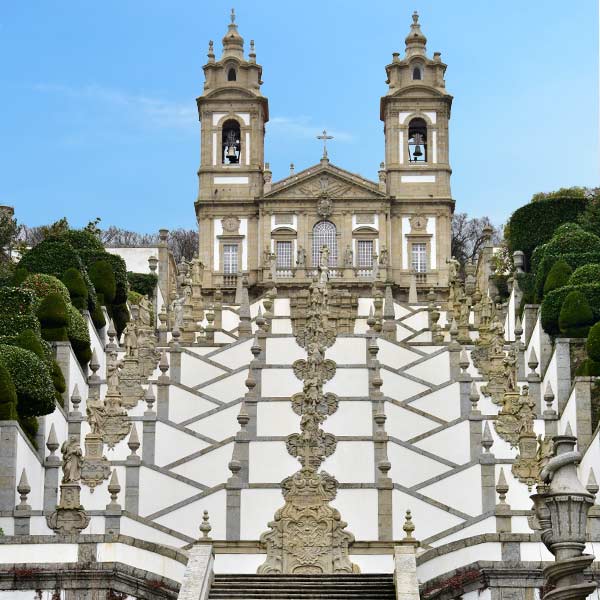
Santuario Bom Jesus de Braga
10: Convento de Cristo
The convent of the Order of Christ is located in the pretty town of Tomar in central Portugal. I mentioned this Templar town in one of my last articles: 8 Portuguese towns and villages to see on vacation.
A visit to this magnificent site gives you an insight into the different architectural styles used in Portugal between the 12th and 18th centuries, including the most emblematic: the Manueline style.
The convent of the Order of Christ was built as part of the Templar castle. It was founded in 1162 by Gualdim Pais, Master of the Knights Templar, during the reign of Portugal’s first king, Alfonso Henriques
The Order of the Temple died out in 1312, but its knights and assets were incorporated in Portugal into the Order of Christ, created in 1319 under the auspices of King Dinis. So, initially, the convent belonged to the Order of the Temple and then, under the reign of King Dinis, to the Order of Christ
Infante Dom Henrique, who became Grand Master in 1418, built two Gothic cloisters between the rotunda and the Templar fortress, and enlarged the convent
It is one of the most important monuments of national architecture. Comprising seven cloisters, it contains remarkable works of architecture. The convent was designated a UNESCO World Heritage Site in 1984
Site:https://www.conventocristo.gov.pt/pt/index.php?s=white&pid=11
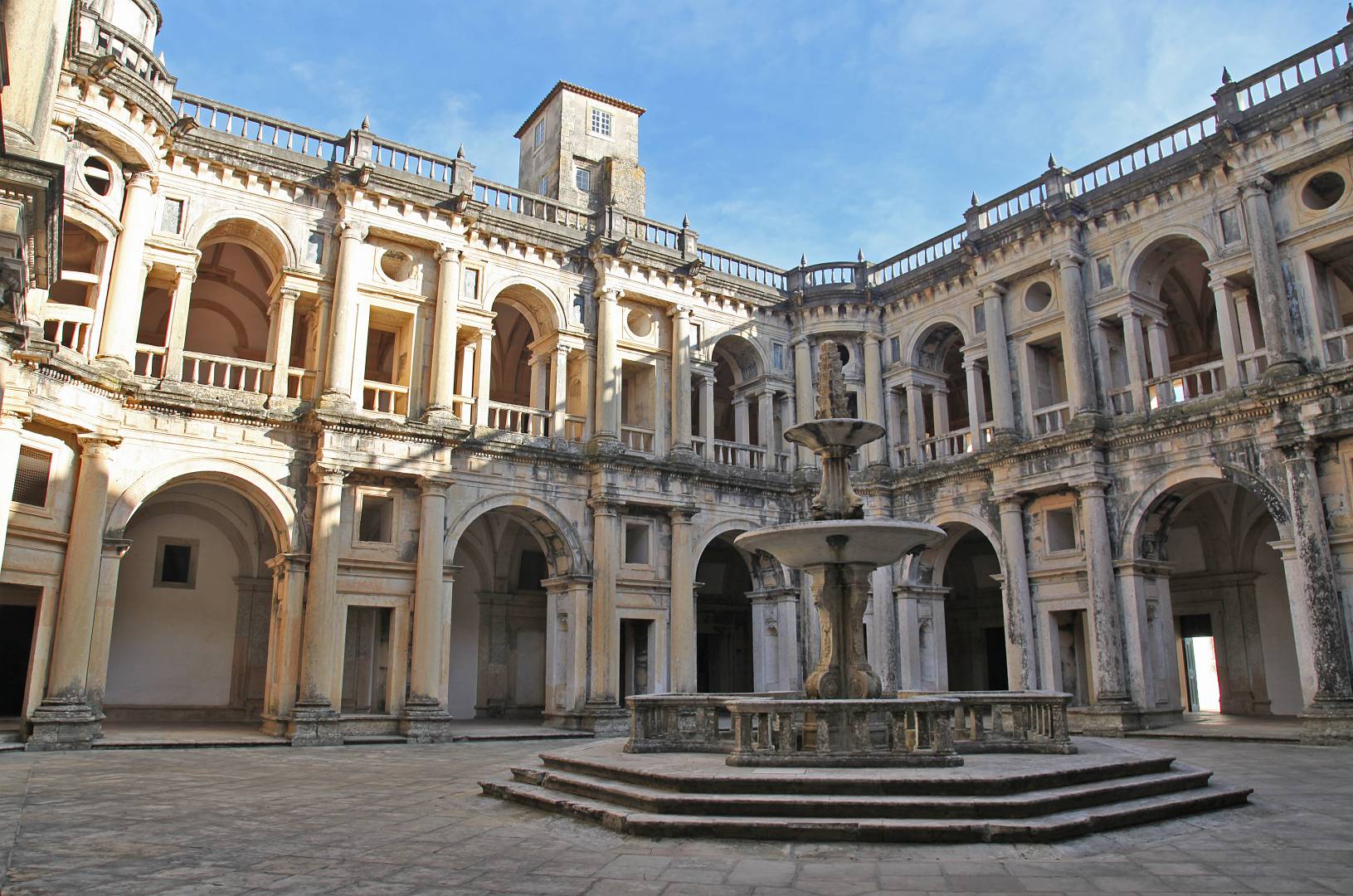
Convento de Cristo
In conclusion
There are many magnificent monuments in Portugal, and selecting just 10 is no easy task. Here are some of the other monuments worth a look:
- Lisbon’s impressive Cristo Rei, overlooking the Tagus and Ponte 25 de abril,
- Portugal’s tallest tower: Torre Clerigos at Porto.75 meters and 200 steps to the top,
- Lisbon’selevador Santa Justa, an emblematic elevator built by one of Eiffel’s disciples,
- Quinta da regaleira, in Sintra near the Palacio de Pena, a totally enchanting place,
- The ruins of Castelo dos Mouros in Sintra, a castle overlooking the Serra de Sintra,
- The famous Castelo Sao Jorge in Lisbon’s picturesque Alfama district, overlooking the capital and the Tagus River,
- Diana temple in Evora, an extremely well-preserved Roman temple,
- The Serra do Pilar monastery, overlooking the Douro and offering a magnificent view of the city of Porto,
- Alcobaça monastery, one of Portugal’s 7 wonders,
- Batalha monastery, one of the finest works of Portuguese architecture,
- The impressive medieval castle of Guimarães,
- The Joanina Library in Coimbra, a breathtaking, Harry Potter-inspired place, which I describe in more detail in my article The Surprising Mission of the Bats in Coimbra
- The Santuário de Nossa Senhora dos Remédios in Lamego, which is often confused with the Braga Sanctuary I mentioned in my article.
Join us on social networks!
- Facebook group “Amoureux du Portugal”,
- Vivre au Portugal” Facebook page
- Instagram ” Living in Portugal
Receive the latest blog posts and our selection of properties every month.
* required fieldFirst name * *Last name Telephone E-mail address * *Current city of residence Area of interest: *
- Buying a property in Portugal
- Renting a property in Portugal
- Nothing special in mind
Date of arrival in Portugal How can we help you? * * Please contact me:*
- Quickly please
- Later please
Region of interest *
- Almada
- Aroeira
- Seixal
- Setubal
- Other
You can view our Privacy Policy and General Terms and Conditions here
Articles Populaires
dernières annonces

2 bedroom apartment with sea view, 10km from Lisbon and 2km from the beaches
Rua da Bica, 103Discover this magnificent 2 bedroom apartment with views of Arriba Fóssil and the sea, 2km…
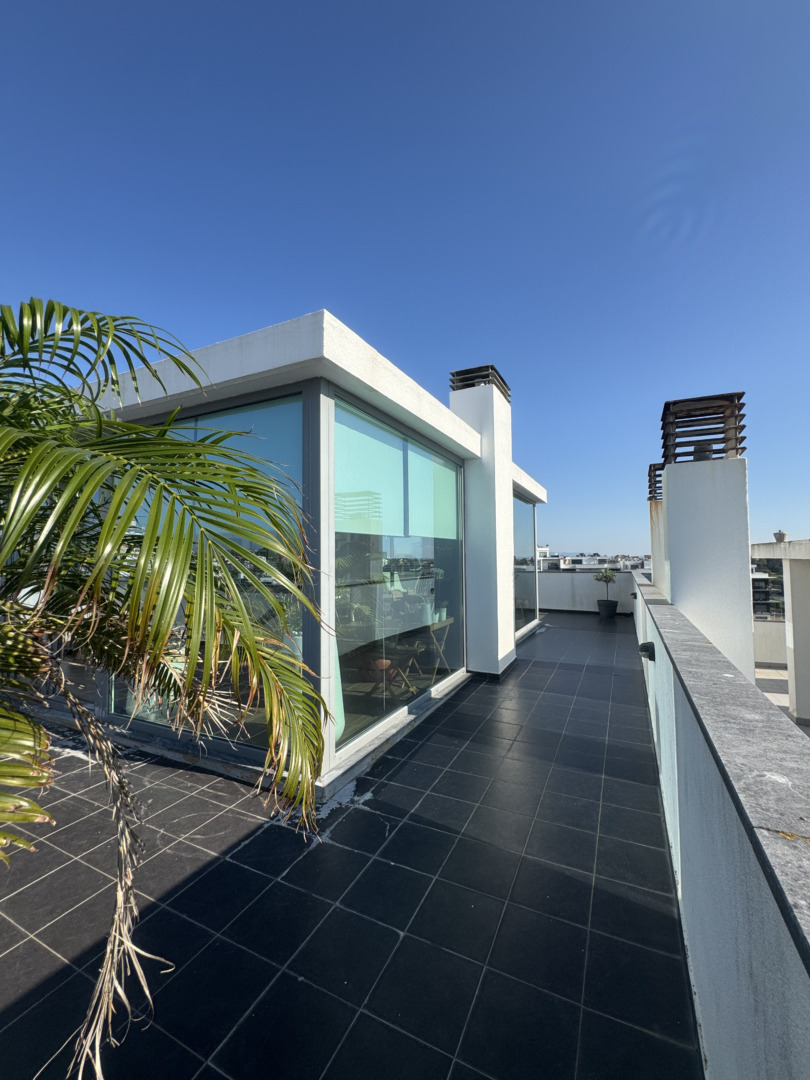
Duplex apartment with sea view 15 minutes from Lisbon
rua Santa Teresa 7Bedroom + duplex apartment with sea view and 15 minutes from Lisbon.
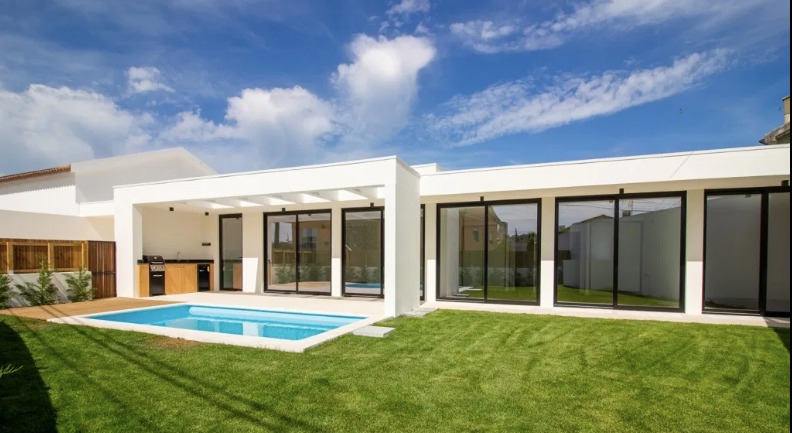
Single-storey house with swimming pool
Just a few meters from the magnificent bay of São Martinho do Porto, lies this…
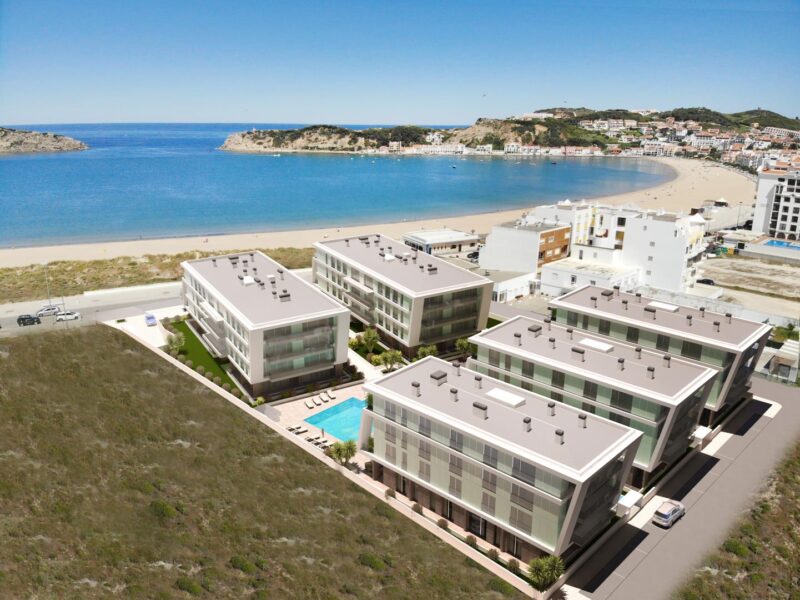
Condominium apartments facing the sea
São Martinho do PortoBeautiful apartments in São Martinho do Porto “Janela da Baía”! Located in the heart of…

Villa already finished and ready to move in: 4-suite bungalow on 750m2 plot in a quiet area of Azeitão
Rua de ParisHouse already finished and ready to move into! Close to shops and services, quick access…
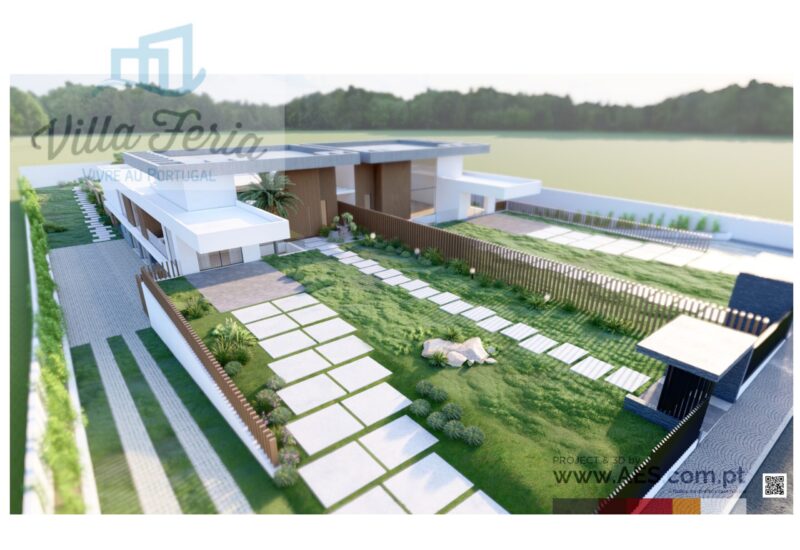
Magnificent house with basement, indoor and outdoor pool in Verdizela/Aroeira
Verdizela/AroeiraNew turnkey project: magnificent single-storey villa, 498m2 in surface area, high-end finishes on a 1875m2…

Luxury apartment on the edge of a nature reserve
Your modern, spacious apartment between the beach and Lisbon’s capital. – Beach 5min – Golf…
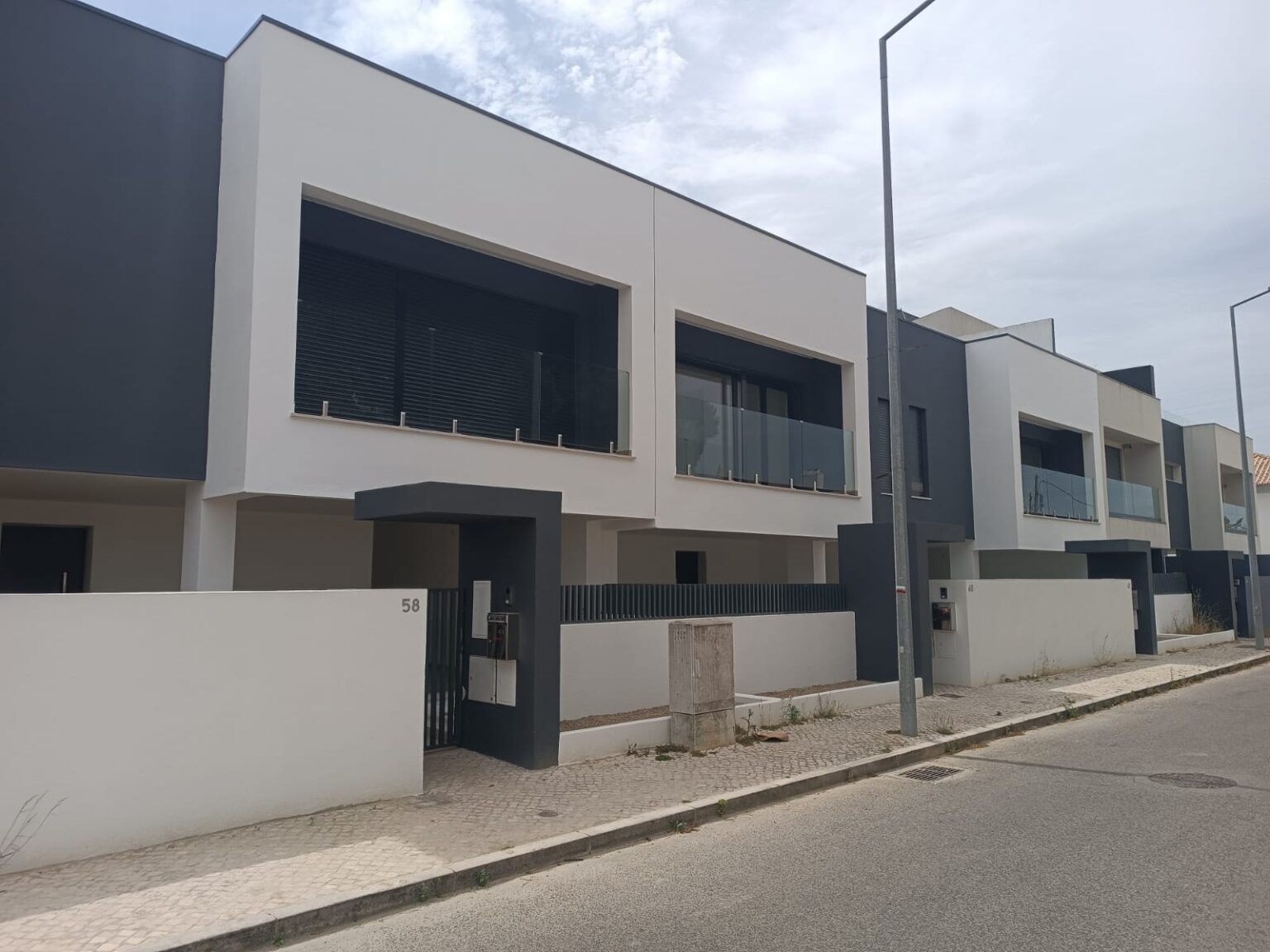
House T3 1 10 min from Lisbon and 5 min from the beaches
PêraREADY TO MOVE IN! New T3 1 ready-to-live-in house in a quiet, rural neighborhood with…

4 bedroom villa with pool and jacuzzi in Aroeira
rua são miguelModern, minimalist architect-designed house with exceptional details in a quiet location in Aroeira 2-storey house…
Inscrivez-vous à notre newsletter
Recevez chaque mois les derniers articles de notre blog "la vie au Portugal" et notre sélection de biens immobiliers à vendre.

